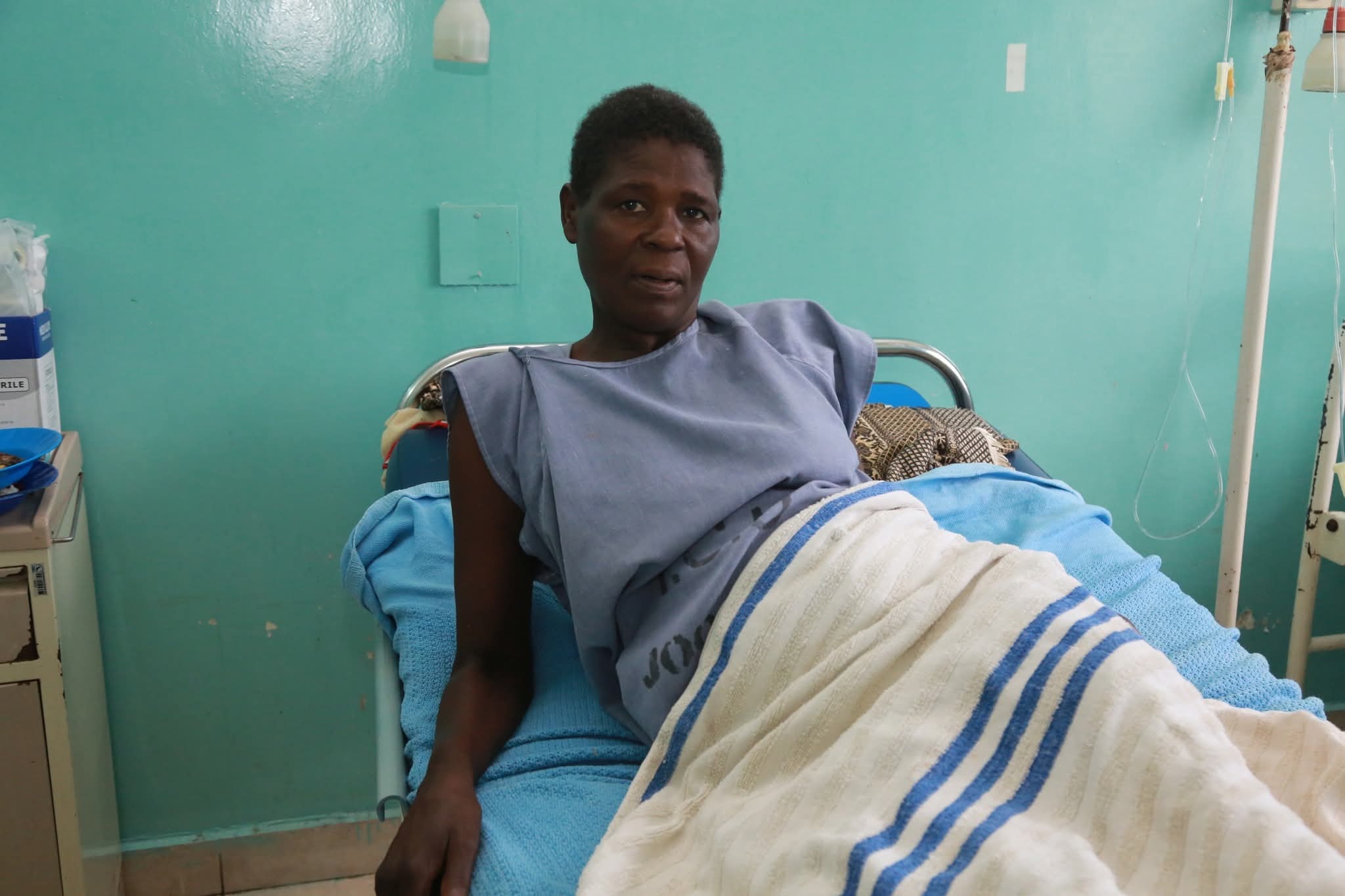
The recent Supreme Court ruling allowing children born out of wedlock to inherit property from their fathers is unconstitutional and a direct attack on Islamic law and religious freedom.
Led by Supreme Council of Kenya Muslims chairman, Hassan ole Naado, clerics described the ruling as a violation of religious freedoms protected by the constitution and an affront to Islamic principles.
Others who joined the condemnation include Sheikh Abdullahi Abdi, chairman of the National Muslim Leaders Forum (Namlef); Sheikh Hassan Amin of Jamia Mosque and CIPK; Abdulrahman Wandati of the Muslim Consultative Council; and Murshid Abdallah of Namlef.
“The ruling, while framed under the guise of equality and justice, is an infringement on our faith,” they said in a joint statement.
According to the leaders, the constitution allows Muslims to be governed by Sharia law in personal matters such as marriage, divorce and inheritance through the Kadhi Courts.
“Islamic law, which is protected under the Constitution of Kenya 2010, sets clear divine guidelines on matters of inheritance, lineage and family structure.”
They argued that the Supreme Court's decision contradicts these provisions and disregards Kenya’s religious diversity.
“Our faith holds that lineage and inheritance are governed by divine law. Granting automatic inheritance rights to children born outside of wedlock destabilises the family unit and dilutes legal lineage, which Islamic law seeks to protect,” the statement read.
They explained that under Islamic law, such children may inherit from their mothers and may also receive gifts (hiba) during the father’s lifetime or be included in a will (wasiyyah) for up to one-third of the estate, but not through automatic inheritance rights.
The ruling undermines the sanctity of Islamic inheritance laws, violates constitutional protections under Articles 24 and 32, which safeguard freedom of religion and sets a dangerous precedent that threatens harmony within the Muslim community.
They also argued that the decision contravenes Section 2(3) of the Law of Succession Act (CAP 160), which exempts Muslims from its application where succession is governed by Islamic law. Furthermore, it undermines the institution of marriage, which forms the foundation of Islamic family life.
The leaders expressed concern over what they termed a growing trend of judicial insensitivity to Islamic practices, citing a 2019 Supreme Court judgment that overturned a lower court’s decision allowing Muslim girls to wear hijab in school. That case, they noted, remains unresolved despite a pending application for review.
They called for the ruling to be rejected and condemned as unconstitutional and offensive to Muslim beliefs. They urged President William Ruto to intervene in defence of religious freedoms and legal pluralism.
Additionally, they asked the office of the Attorney General to seek a constitutional interpretation or advisory opinion to protect the rights of religious minorities.
They issued an urgent appeal to Parliament, particularly Muslim MPs and the Justice and Legal Affairs Committee, to enact laws that safeguard Muslim Personal Law from judicial overreach.
Kadhi Courts should provide guidance to Muslim families on managing inheritance matters in accordance with Islamic teachings, they added.
The leaders cautioned the Judiciary to respect religious laws and reminded the courts that Kadhi Courts are part of the constitutional framework that helped shape modern Kenya.
“We urge the Muslim community to remain informed, united and proactive in defending our faith and practices within the framework of the constitution,” they said.
“We stand firm. We stand united. And we will protect our faith, our families and our freedoms by all legal and constitutional means.”






















